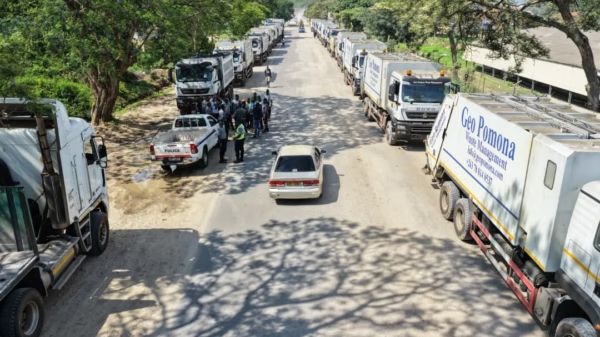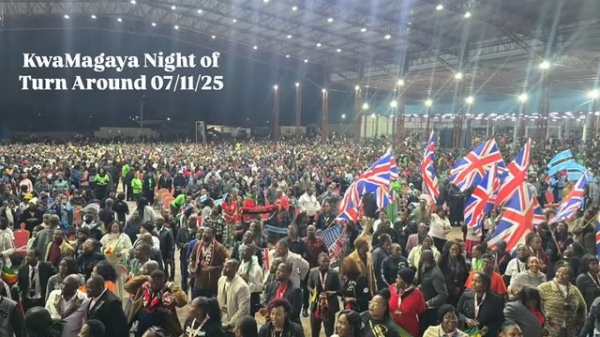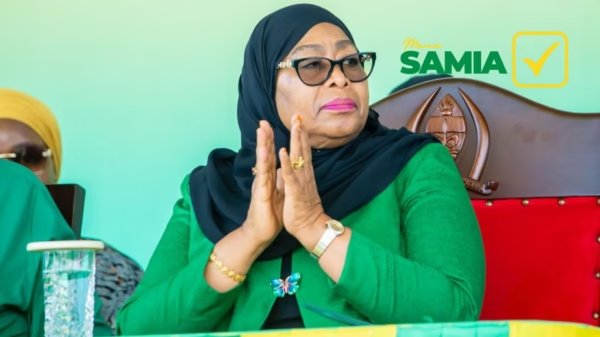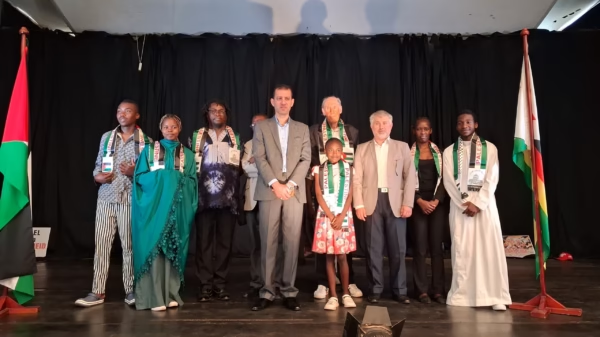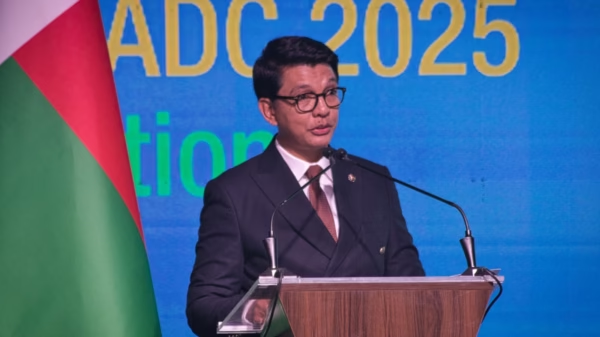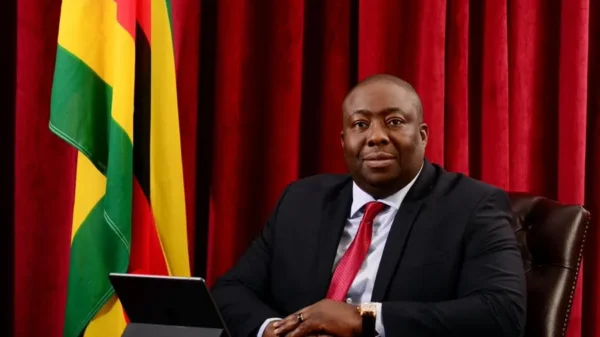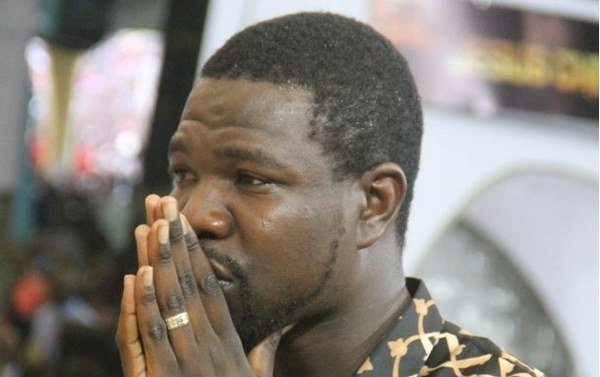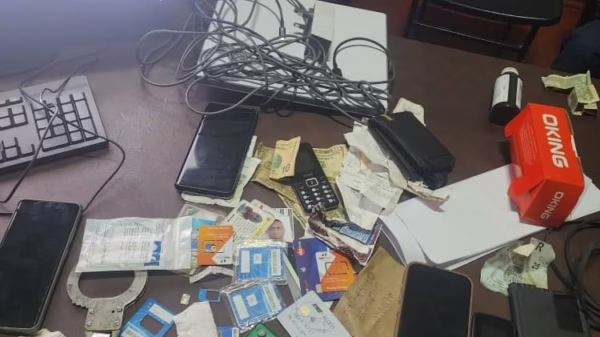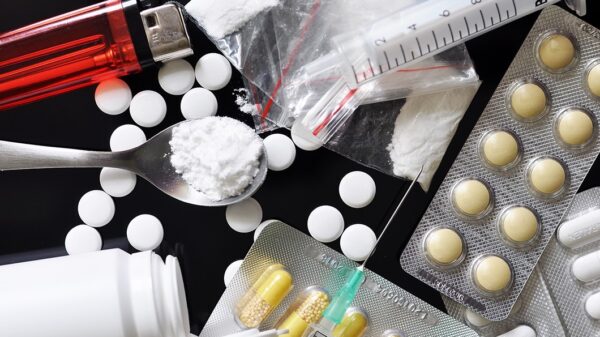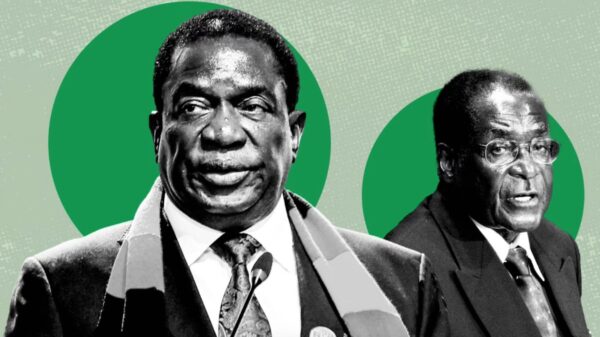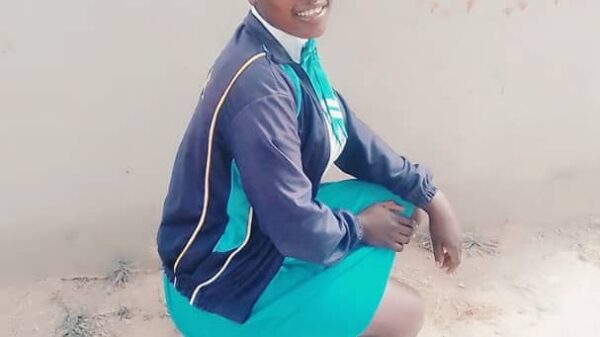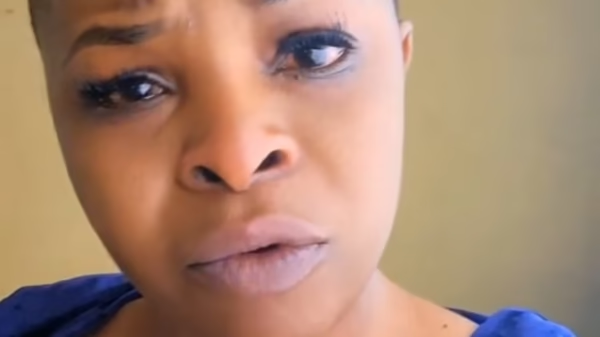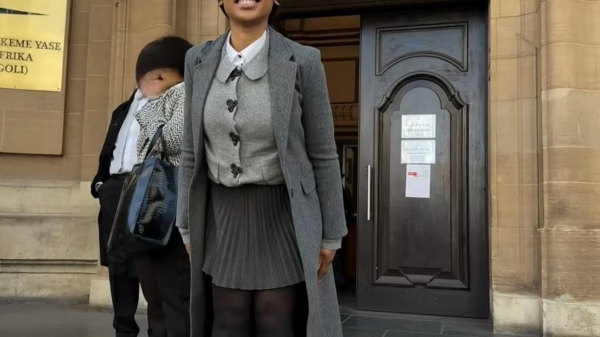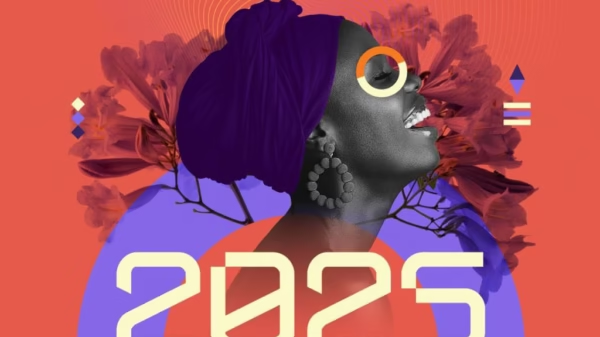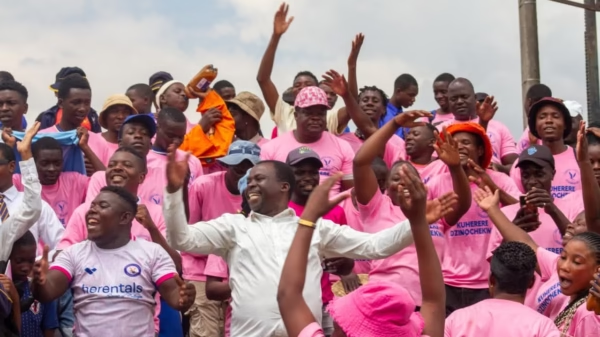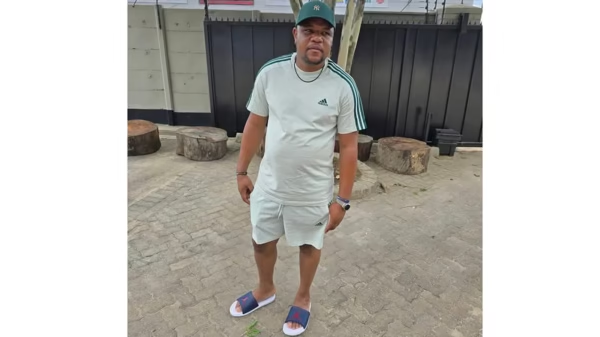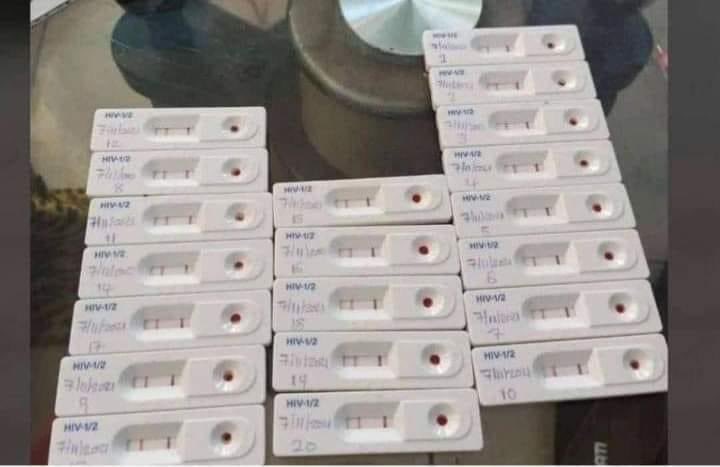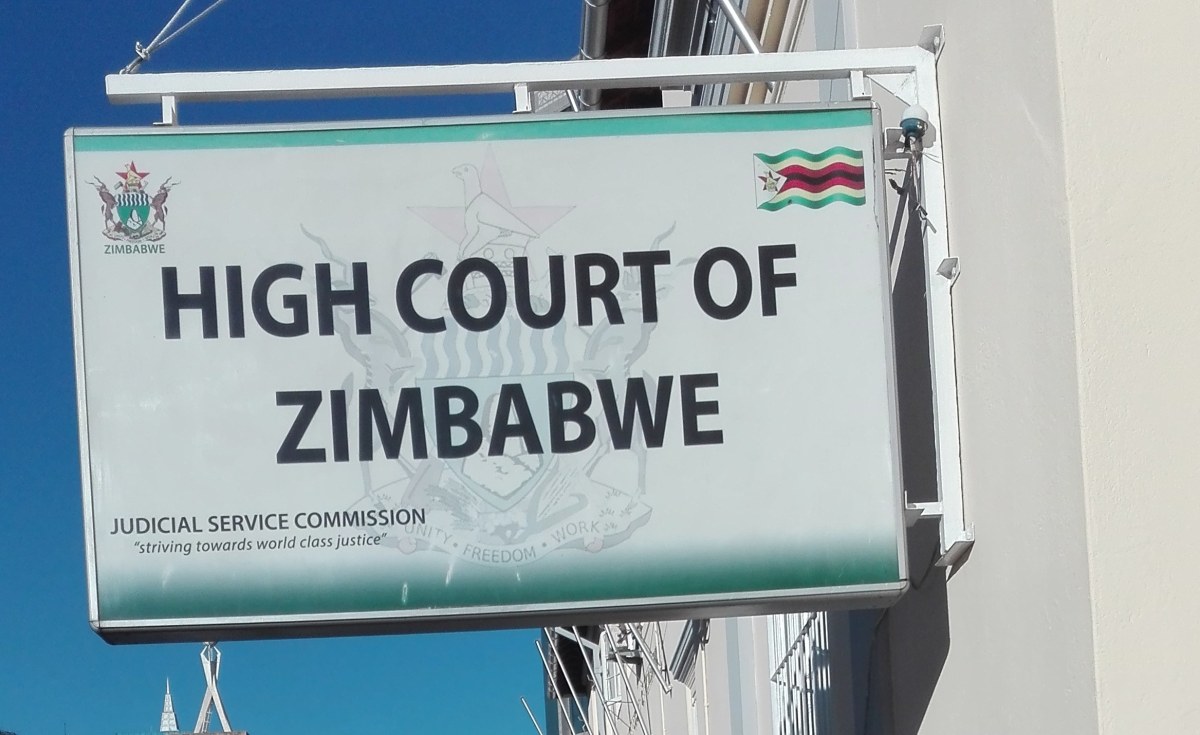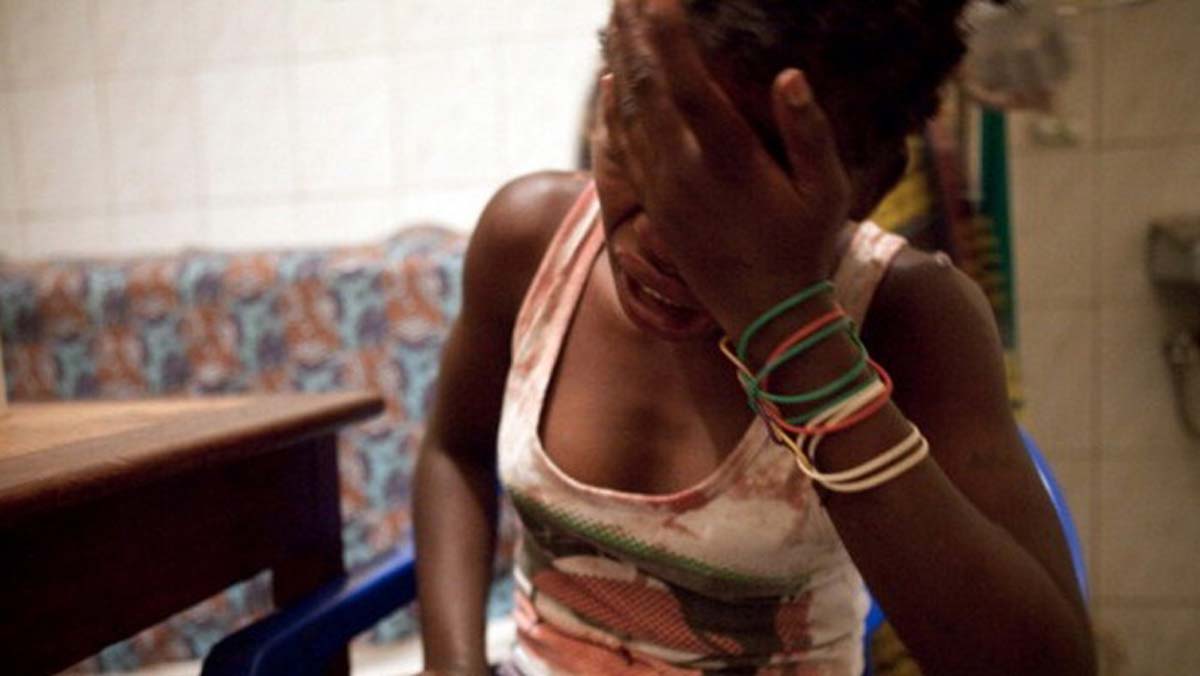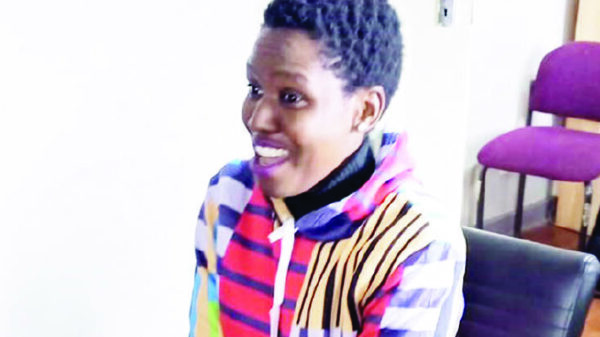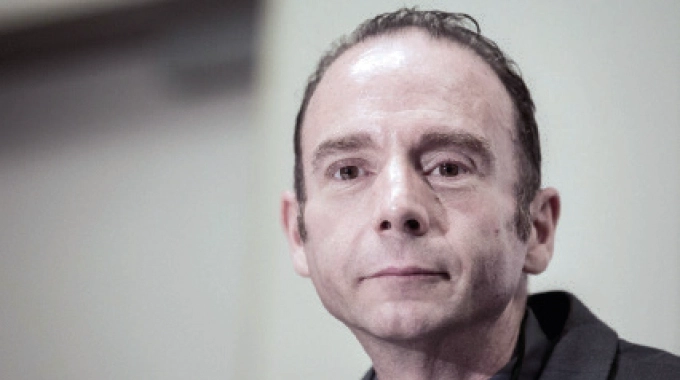Africa Leads In Number Of HIV People Without Treatment
The majority of over nine million people living with HIV/AIDS worldwide with no access to treatment were in Africa, a senior official of UNAIDS, a specialised agency of the United Nations, said on Monday.
UNAIDS executive director, Winnie Byanyima, said most of the patients lived in marginalised communities, especially in Africa, where access to medical care was generally low.
She was speaking at the conference of the International Conference on Aids and STIs in Africa (ICASA) which opened in Harare on Monday.
Treatment for HIV/AIDS has not only improved the quality of lives of patients in most places with easy access to drugs around the world, but also prolonged the lives of patients.
Byanyima said it was worrying that 42 years after Aids was discovered, one life was being lost to the pandemic every minute globally.
“We have got 30 million people whom we have got on treatment, this is a great achievement. Thirty million people globally are on treatment, but there are 9.2 million others who are living with HIV who are not on treatment. We have to find them, we have to get them on treatment,” she said.
She said of the 9.2 million people who were not on HIV/AIDS treatment, the majority were in marginalised communities in Africa with scant access to medical care, and economic opportunities.
Climate change, which has devastated agriculture-based livelihoods on the continent, has aggravated the problem, she said.
“So I always say that inequalities are driving HIV and we must tackle them to end HIV,” said Byanyima.
She said new statistics on HIV infections indicated that most cases were among school girls and young women, again exacerbated by inequalities and vulnerability.
“Social norms, the acceptance of male domination, the acceptance of violence and forced sexual relations, tolerance of that is driving the infection of our girls and young women,” she said.
She said this was a result of public policies that were not gender equal, which did not create equality between boys and girls.
Byanyima said millions of girls were not in school where they could get protection, saying failure to be in school means they were in unsafe places where they are forced to have sex, resulting in them contracting HIV.
She added that public investments in the health of girls and women in Africa were also weak, leading to girls and young women dying whilst giving birth.
She also noted that gay men, trans-women, sex workers and prison inmates were among those most exposed to HIV infections.
“What is common in them, they suffer some inequalities, they are discriminated in society, they are stigmatised, they are criminalised, so they are driven away from getting what they need. They don’t come forward for prevention, they don’t come forward for treatment, they die,” Byanyima said.
For feedback and comments, please contact ZiMetro News on WhatsApp: +27 82 836 5828.

For comments, Feedback and Opinions do get in touch with our editor on WhatsApp: +44 7949 297606.




